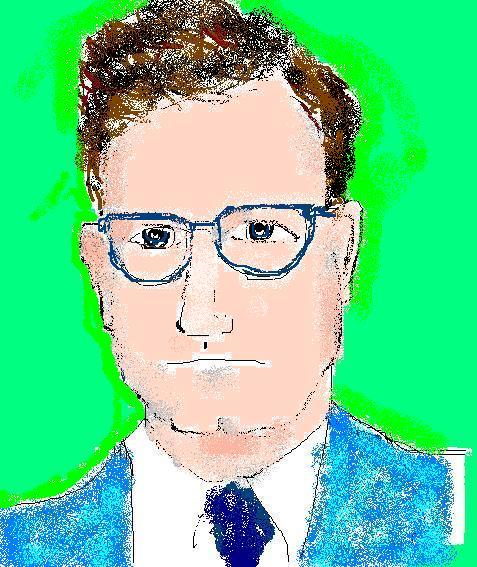Origine: Citato in AA.VV., Il libro della sociologia, traduzione di Martina Dominici, Gribaudo, 2018, p. 48. ISBN 9788858015827
Charles Wright Mills Frasi e Citazioni
“Lascia che ogni uomo sia il metodologo di se stesso, lascia che sia il teorico di se stesso.”
Origine: Citato in AA.VV., Il libro della sociologia, traduzione di Martina Dominici, Gribaudo, 2018, p. 47. ISBN 9788858015827
Charles Wright Mills: Frasi in inglese
"Structure of Power in America", The British Journal of Sociology, Vol. 9 (March 1958).
1950s
Origine: Letters & Autobiographical Writings (1954), p. 185.
Origine: The Power Elite (1956), P. 242, describing the view commonly held in the eighteenth century.
Origine: The Power Elite (1956), p. 7; discussing sectors of society which Mills feels have only recently become the dominant factors in determining the ultimate course of society.
Origine: The Sociological Imagination (1959), p. 31, commenting on the verbosity of the chief work of competing sociologist Talcott Parsons.
The Causes of World War Three (1960)
White Collar: The American Middle Classes (1951)
"Liberal Values in the Modern World," in Power , Politics and People (1963), p. 189.
1960s
Appendix: "On Intellectual Craftsmanship"
The Sociological Imagination (1959)
The New Men of Power (1948).
1940s
White Collar: The American Middle Classes (1951)
White Collar: The American Middle Classes (1951)
Origine: The Sociological Imagination (1959), p. 174.
Mills was invited to speak in the Soviet Union as an honored guest, due to his criticisms of economies in the West; he was asked to make a toast at a banquet, and in his contrarian way, toasted Trotsky, whose works had been banned in the Soviet Union by Stalin. Reported in Saul Landau, "C. Wright Mills: The Last Six Months", Ramparts (August 1965), p. 49-50.
1960s
Origine: Letters & Autobiographical Writings (1954), pp. 184-185.
Listen Yankee (1960), pp. 144-145.
1960s
Character & Social Structure (1954).
1950s
Section One: The Competitive Way of Life.
White Collar: The American Middle Classes (1951)
“Hegel is correct: we learn from history that we cannot learn from it.”
Origine: The Power Elite (1956), p. 23.
